Graduate Supervision
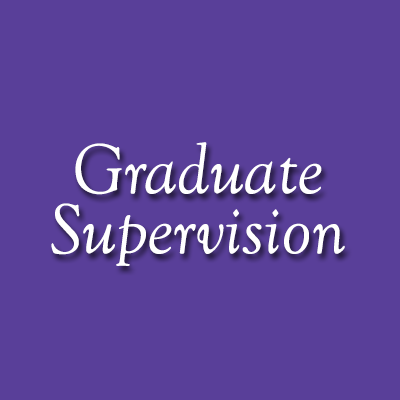
In this page I have set out some resources, documents, presentations and images which may be of use to research students and supervisors of research students.
Upon the passage of the MNU Bill through the Parliament, it was my publicly declared aim to graduate at least one doctorate student of outstanding quality within five years. In this connection, I had written a number of documents to guide potential supervisors and students. Supervisor or student, you may find these useful. Some of the links are external and if they become unavailable do comment below as I have soft copies of all of them.
Presentation for Staff on Supervising Research Students
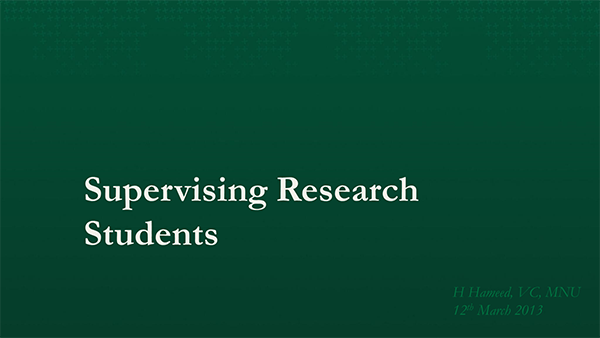
Here is a presentation I made for a one-hour talk on supervising students for interested staff. It includes considerations in becoming a supervisor, motivations, styles of supervision and identifying research-able problems. The talk covers publishing as well.
Writing an initial proposal for research degrees
The initial research proposal mainly serves to evaluate student suitability for graduate studies. Most successful students complete a study quite different from the initial proposal. The evaluation committee uses the initial proposal as a first filter to identify students who could write a cohesive coherent narrative in academic style following the guidelines provided. Of course, they consider the suitability of the proposed project for a study, the suggested methodology and other parameters. These are pointers to the readiness of the student for research degrees.
Sample final proposals for masters and PhD
The final proposal is written after registering for the degree. Usually, a semester of study is required to produce a feasible final proposal. Here is the final proposal of one of the two students who enrolled in the first doctorate batch at MNU. This is my final proposal for a masters’ research degree in computer-assisted instruction.
A sample presentation for approval seminar
One of the daunting tasks any PhD candidate undertakes in the initial stage is the graduate seminar to present the proposed study. The audience comprises academics and other graduate students. This task is made less daunting if the students are well prepared and had given the seminar to a couple of friends in the proposed venue. Familiar faces at the seminar are usually comforting. Time and again, I instruct the students not to have too many slides, and not read from the slides. The presentation should not be more than 15 minutes. The rest of the time is for questions. Here is the presentation of one of the students.
Reading and taking notes
A chief or principal supervisor is required to be sufficiently proficient and familiar with the student’s area of research. To engage with the student in a meaningful manner, the supervisor is often required to read the seminal papers of the research area. Critical reading of key documents is time-consuming, mentally fatiguing and cannot be sustained for long without breaks. Of course, the student does more reading.
Critical reading may be distinguished from non-critical reading by its emphasis on examining the evidence of the arguments presented, check out any influences on the arguments/evidence, assess the limitations, focus and bias, examine the interpretations made, relate the outcomes with existing knowledge and decide the extent to which you are willing to accept the author’s arguments, opinions and conclusions.
Significant papers are read twice. They should always be paper-based as the resolution is higher and more comfortable to the eyes. In the first reading, notes are made on the margins or key matters are highlighted by underscoring. In the second pass, the notes are written in point form with appropriate references in one’s own words. In this way, the gist of the paper is more retentively kept in mind. Some supervisors recommend maintaining some kind of database of the notes made either on index cards or in apps made for the purpose. Recent research suggests paper is better as this study and this study show. I let the students decide what is better for themselves.
Here is a set of notes prepared from reading this paper. Here is a paper in which the notes are written in the margins. To retain the content in memory more fully, the notes in margins are written on paper in my own words. I have read all the seminal papers of all the students I supervised. ‘Seminal’ means a paper (or a work, event, moment, or figure) strongly influencing later developments.
Much of research involves reading — critical reading. No wonder studying for a research degree is synonymous with reading for a research degree.
Sample draft chapters with supervisor comments
One of the exhausting tasks of a supervisor is commenting on the draft chapters. This is significant for two reasons: to gauge the progress the student is making and to critically evaluate the drafts from the point of view of an examiner. In my experience of reading through many PhD drafts of a dozen students, I find this competence is most wanting among supervisors.
I used to share the commented chapters with other supervisors who neglect to comment after seeing mine. For this reason, I ceased sharing the commented drafts with them to give the student the benefit of comments from multiple perspectives. Commenting takes a lot of time because it requires critical reading keeping in mind style guidelines, matters of coherence and cohesion, methodological issues, spelling, grammar, vocabulary, etc. I found that that few supervisors (mine were exceptions) comment adequately on the drafts either due to lack of competence or lack of commitment to the development of the student. In fact, it is disappointing to see unscholarly errors in the completed theses of PhD graduates.
My practice is to go through a draft chapter as many times as need be. In most cases, a chapter is edited thrice: in the first time I go through it using pen and paper identifying errors, often giving reasons for the change and suggesting improvements. Deeper-down issues are not obvious in this first correction, as attention is drawn to the more obvious errors. The re-drafted chapter is again corrected using pen and paper. These two passes are very educative; the student learns what I look for, the errors s/he has made, and the issues. By the third pass the draft is much improved and I go through it using “track-changes”. The student has to use the “compare function” to clearly see what changes have been made.
I advise the students to let me be the last person to check the draft as the less meticulous supervisors look at surface issues and cannot see the deeper-down concerns. The expression, you can’t see the forest because of the trees is appropriate here. Errors in drafts are in layers, like the layers of an onion. The mistakes in an inner layer become visible, once you peel off the layer covering it. Students being students, they have minds of their own and tend to submit the draft chapter to all supervisors at the same time.
Once all the chapters are assembled into a thesis, it has to be edited at least three times, yet again. Editing a chapter is a fatiguing task because of the mental focus required. It takes me two days full-time to edit a chapter (sometimes, more) as I have to refer to other documents as well.
Here is a page from a student’s draft chapter in which the same page had been parsed (examined or analyzed minutely) four times. There were intermediate versions and the final version is not shown but one can see the repetitive and time-consuming nature of the effort required to develop a student worthy of a good PhD.
Examination of theses/dissertations
The difference between the examinations of master’s and PhD theses are in the viva. With even research masters, no viva examination is held. It is usual to have two examiners mark a master’s theses whereas three examiners mark PhD theses. The forms are quite similar and asks the examiner to respond to the following questions:
- In your opinion, does this work constitute an original contribution to knowledge or understanding in the field?
- Does the thesis meet internationally recognized standards for such work?
- Does the thesis demonstrate the author’s knowledge of the literature relevant to the subject and the field or fields to which the subject belongs, and the ability to exercise critical and analytical judgment of it?
- In your opinion, is the thesis satisfactory in the methodology, in the quality and coherence of its expression and in its scholarly presentation and format?
- presentation and clarity
- integration and coherence
- originality and creativity
- The problem is significant, original and is contextualized well, and accurately references the larger body of knowledge on the topic.
- The methods used are appropriate, described in detail and employed properly.
- The research results are reported fully, clearly and in the best manner possible.
- Conclusions drawn from the analysis are well-justified, substantive and integrated into the larger body of knowledge.
- The implications and limitations of the research are fully discussed.
- The writing of the document is academic, fully meets style guidelines, and of a professional standard.
The examiner is a critical reader, often well-versed in the discipline and paid by the university to examine the thesis. Thus scrupulous examiners go through the thesis meticulously and often identify many errors in mediocre theses. It is rarely that a thesis is passed without any revisions. The examiner also sends to the university the marked thesis as a help for the student to revise. Here are some pages from a thesis I marked. Note the errors. There can be no excuse for them in a submitted thesis except the supervisors’ sloppiness (lack of care or attention).
The unscrupulous examiners, just as supervisors, may not see any errors in a thesis; mediocrity knows nothing greater than itself.
Length of a PhD thesis/dissertation
For most students, i.e, most students who do not wish to join academia as scholars, the longest document they ever write in their lives is their theses. Some students are anxious about the number of pages when they enrol. I am tempted to reply to them with Churchill’s words about speeches: “A good speech should be like a woman’s skirt; long enough to cover the subject and short enough to create interest.”
Here is a presentation I made to settle the anxiety of these students.
Typical filled progress reports
With the freedom to choose the topic and organize one’s studies, comes the need to keep up with occasional reporting requirements. There are mainly two reporting requirements: first is the record of supervision meetings, the second is the annual progress report. The first one is rather simple and is one page long. The second one is longer. Here is a filled one to guide future students. Forms of other universities are likely to be very similar.
Duties of the Principal Supervisor
The principal supervisor is the key person responsible for the student outcome. In fact, failure or success of a PhD project is largely determined by supervision (Berger & de Jonge, 2005). S/he is the student’s greatest critic as well as the greatest support. One of my principal supervisors said, “we are in this together; if you fail, I fail.” The attitude of the principal supervisor must be focused on graduating a student who is well-equipped to supervise students better than s/he was; else progress is elusive. Mediocrity in supervision is self-replicating: students who were not well supervised, in turn, become careless supervisors thinking that such supervision is the best practice.
In this form, I have listed the duties of the principal supervisor (Page 3). {The form was made in the context of a confusion that arose about the supervision of two PhD students following the departure of their two principal supervisors from MNU. Thenceforth, the supervision of PhD students became politicized. I did offer to supervise the two students gratis. The narrative is in my forthcoming book,
“ދިވެހިރާއްޖޭގެ ޤައުމީ ޔުނިވަރސިޓީ ޤާއިމްކުރުން: ކުރިމަތިލި ހުރަސްތަކާއި ކާމިޔާބުތައް”.

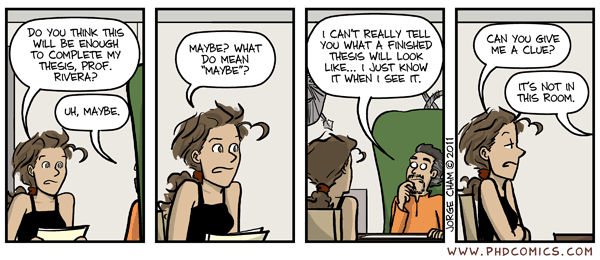

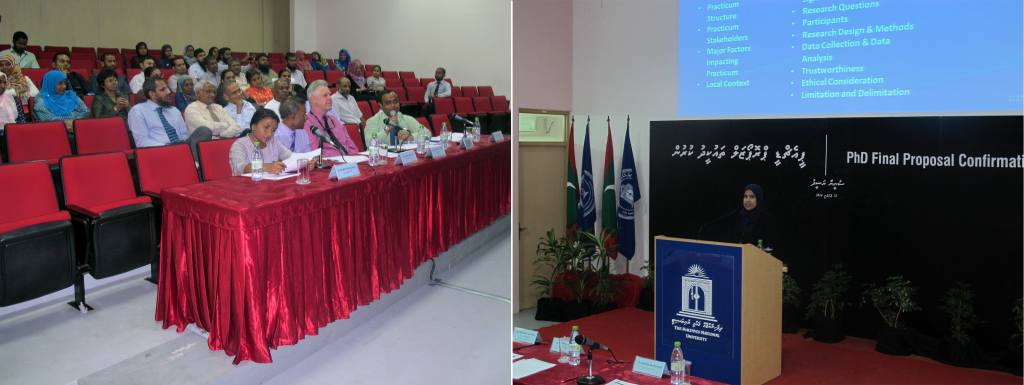

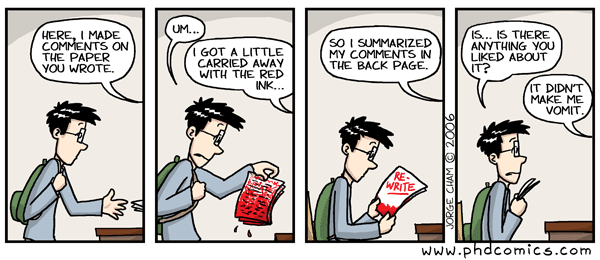


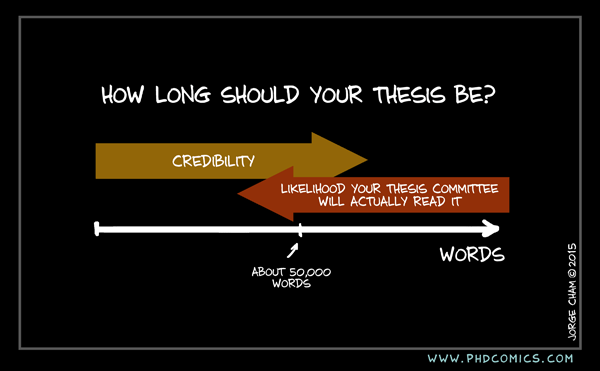

mi liyun kiyaalumun ves ingenee, konme kamehves rangalhah kureveynee, gina vaguthu heydhakoh bura masaiykathun kan. there is no substitute to hard work.
Very useful information for graduate students and supervisors. Thank you.